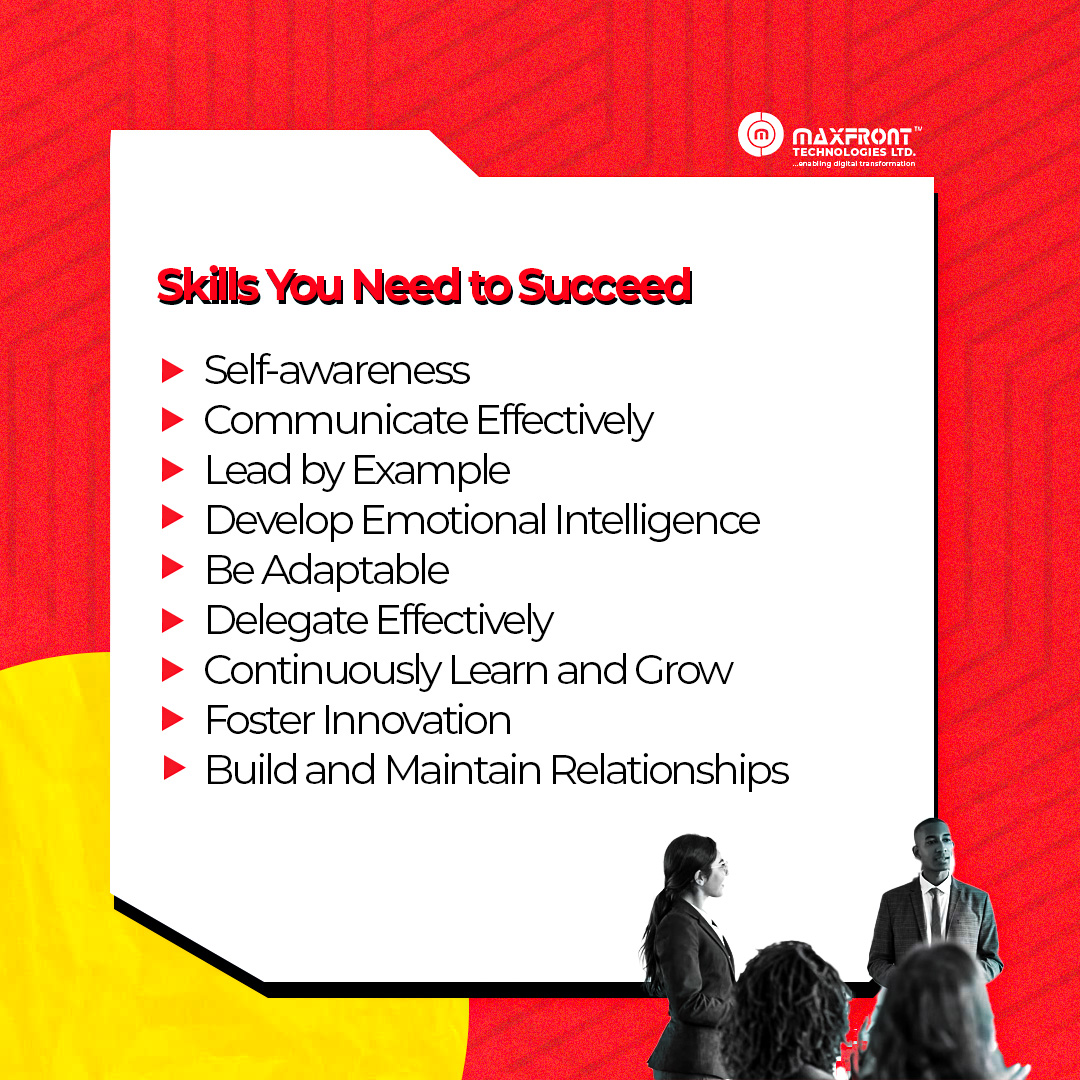
Leadership is not just about occupying a position of authority; it is about inspiring and guiding others toward a common goal. Effective leaders are not born; they are made. They develop skills and habits that allow them to inspire and motivate their teams to achieve great things. In this blog post, we will explore the habits of highly effective leaders and the skills you need to succeed as a leader.

- Self-awareness: Self-awareness is an essential habit of highly effective leaders, allowing them to recognize and understand their emotions, strengths, weaknesses, values, and beliefs. It can lead to better decision-making, improved communication, stronger relationships, and positive work culture. To develop self-awareness as a habit, you can practice mindfulness by taking a few minutes each day to focus on your breathing, body, and surroundings, seek feedback, reflect on experiences, and take assessments.
Self-awareness is an essential habit for highly effective leaders, allowing them to make better decisions, communicate effectively, build stronger relationships, and create a positive work culture. Leaders who prioritize self-awareness can become the kind of leaders people want to follow and succeed personally and professionally.
- Communicate Effectively: Effective communication is the foundation of good leadership. Leaders need to be able to communicate their vision, expectations, and goals to their teams. They must also be able to listen actively to feedback and suggestions from their team members. Leaders who communicate effectively can build trust, create a positive work culture, and motivate their teams to achieve more.
- Lead by Example: Leaders need to lead by example. They should embody the values, principles, and work ethic they want their team members to follow. Leaders who lead by example can create a culture of accountability and inspire their teams to work harder and smarter.
- Develop Emotional Intelligence: Leaders need to have emotional intelligence. Emotional intelligence refers to the ability to recognize and understand one’s emotions and those of others. High emotional intelligence leaders can build strong relationships with their team members, manage conflicts effectively, and create a positive work culture.
- Be Adaptable: Leaders need to be adaptable. They should be able to adjust their plans and strategies in response to changes in the business environment. Adaptable leaders can stay ahead of the curve and lead their teams to success in even the most challenging circumstances.
- Delegate Effectively: Leaders need to delegate effectively. They should be able to identify the strengths and weaknesses of their team members and assign tasks accordingly. Leaders who delegate effectively can empower their team members, build trust, and create a sense of ownership and responsibility.
- Continuously Learn and Grow: Leaders need to constantly learn and grow. They should be open to feedback and suggestions from their team members, mentors, and coaches. Leaders who continuously learn and grow can improve their skills and knowledge, stay ahead of the competition, and inspire their teams to do the same.
- Foster Innovation: Leaders need to foster innovation. They should create a culture of experimentation, creativity, and risk-taking. Leaders who foster innovation can inspire their teams to develop new ideas, improve processes, and create innovative products and services.
- Build and Maintain Relationships: Leaders need to build and maintain relationships. They should invest time and effort in building strong relationships with their team members, stakeholders, and customers. Leaders who develop and maintain relationships can create a support network, build trust, and inspire loyalty.
In conclusion, effective leadership is not just about having a title or position of authority. It is about developing the habits and skills that allow you to inspire and motivate others to achieve great things. By developing these nine habits of highly effective leaders, you can become the kind of leader people want to follow and achieve success in your personal and professional life.